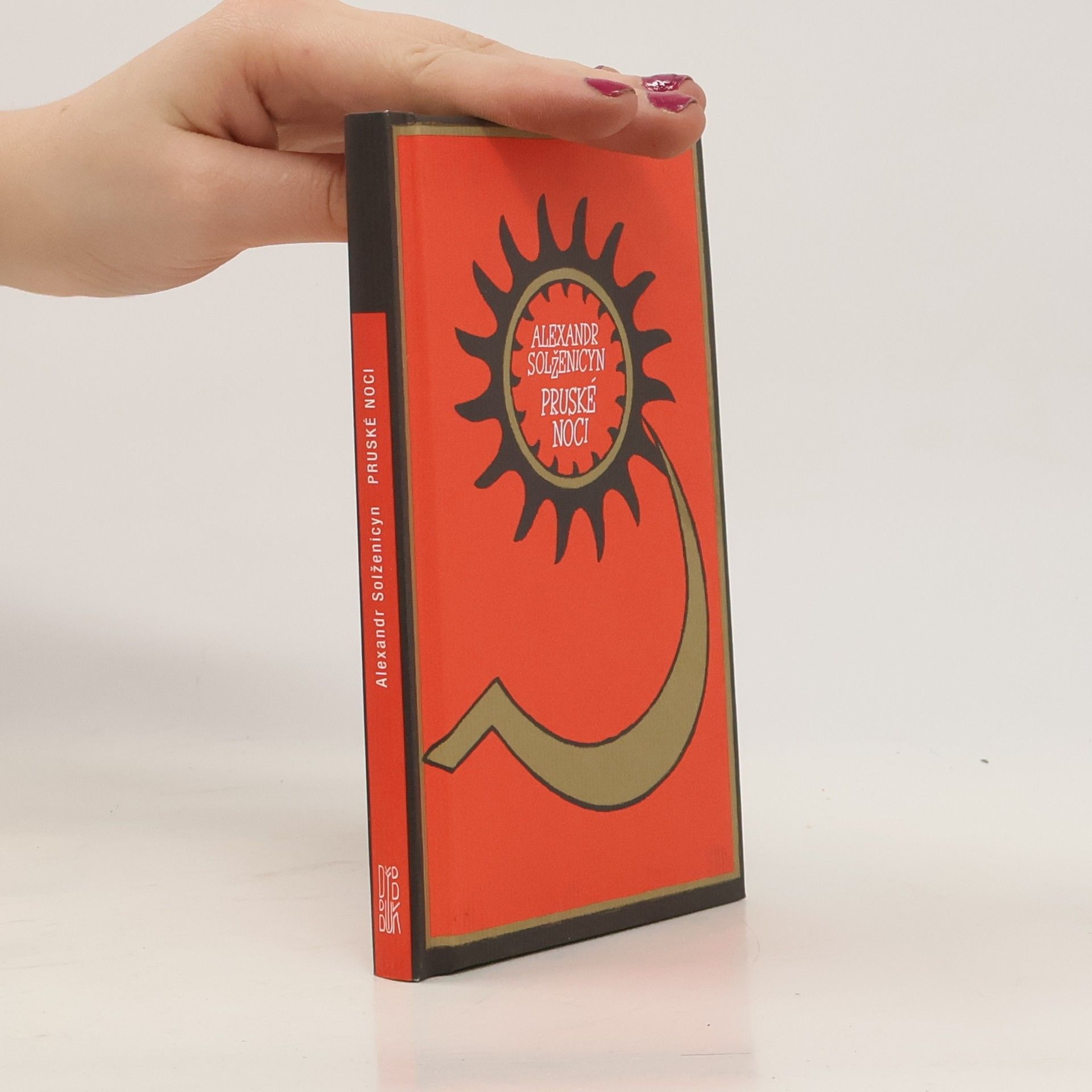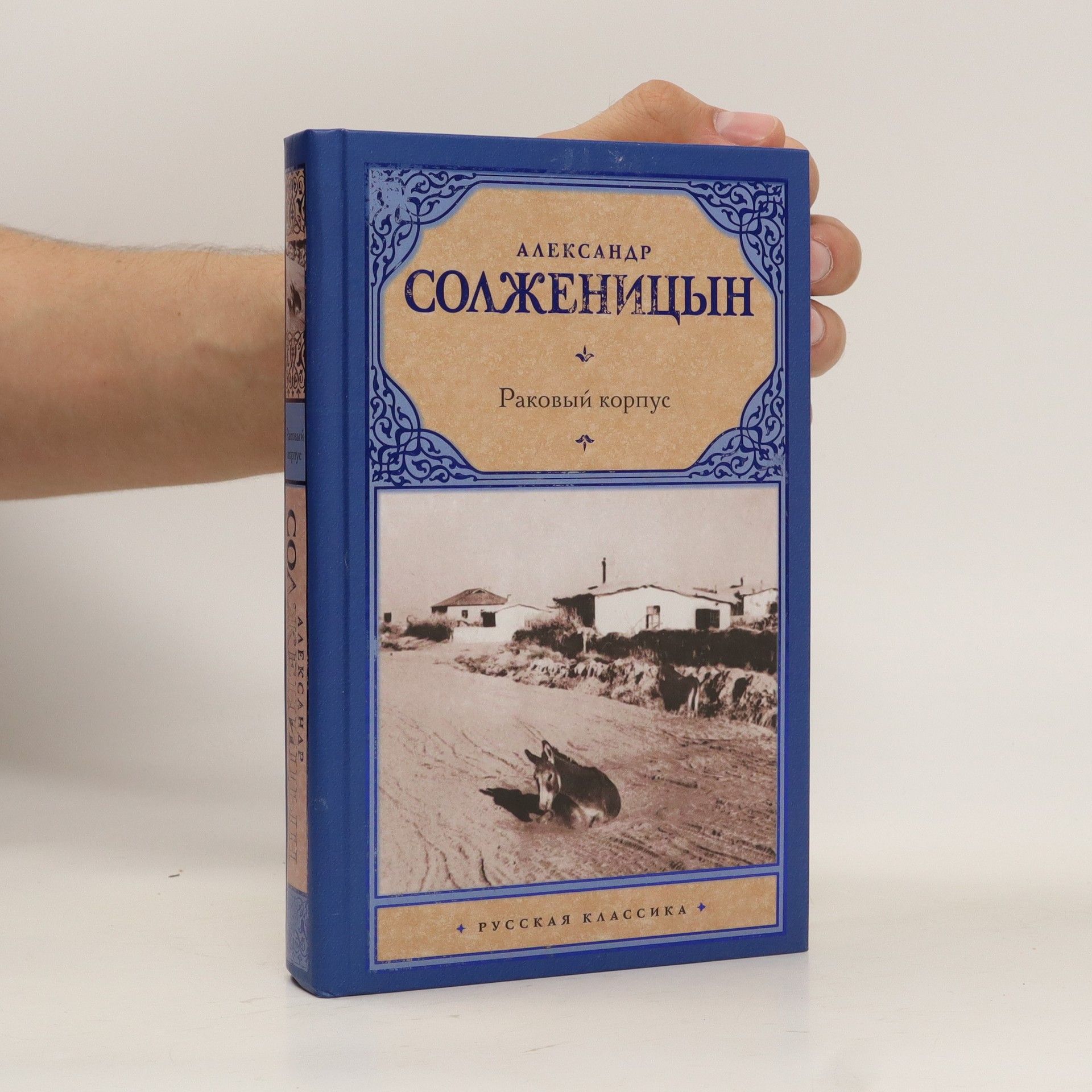Alexander Issajewitsch Solschenizyn Book order (chronological)
Alexander Issayevich Solzhenitsyn [səlʐɨˈnʲitsɨn] (Russian Александр Исаевич Солженицын, wiss. transliteration Aleksandr Isaevič Solženicyn) was a Russian writer and critic of the system. He was awarded the Nobel Prize for Literature in 1970. His main literary work, The Gulag Archipelago, describes in detail the crimes of the Soviet Union's Stalinist regime in the exile and systematic murder of millions of people in the Gulag.

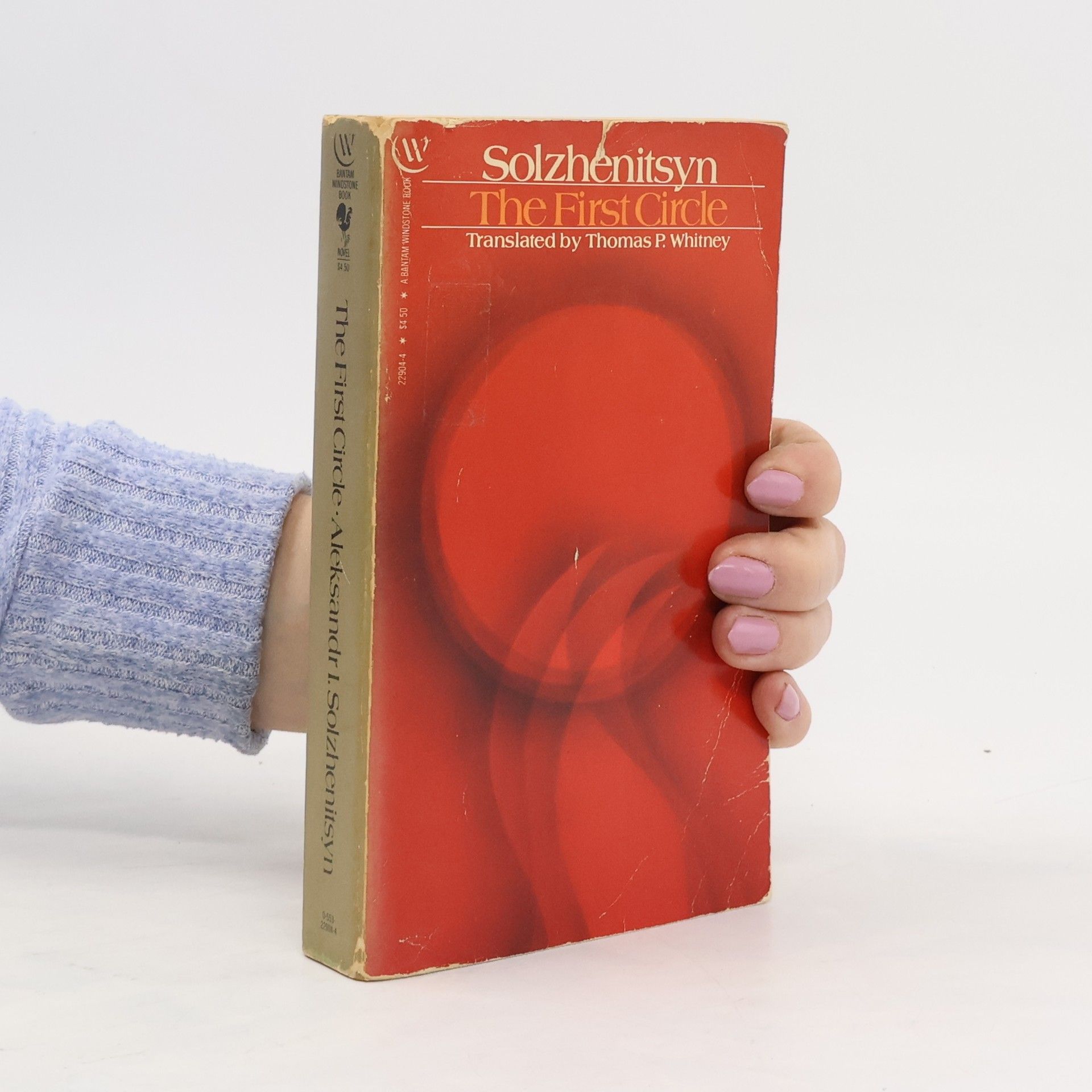

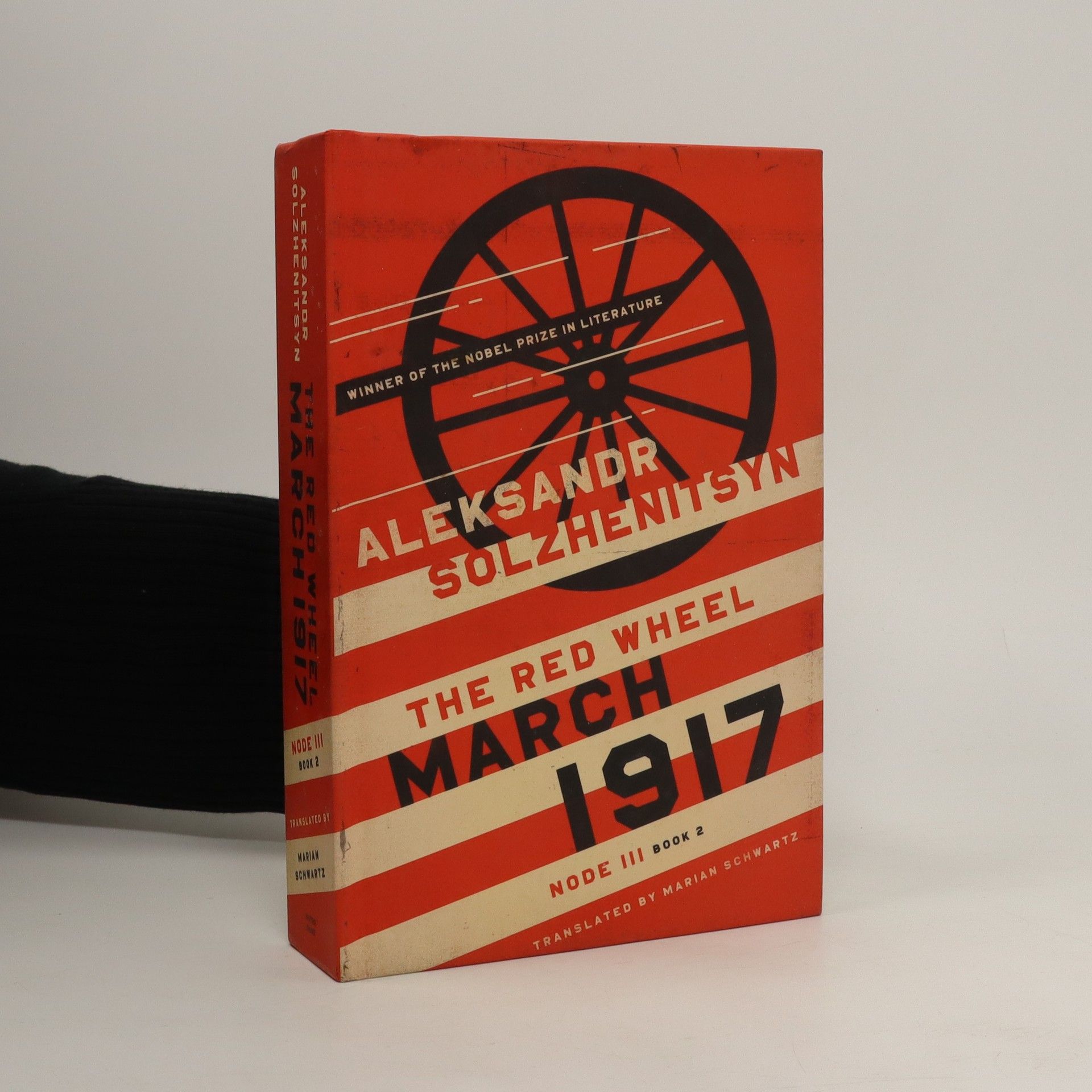
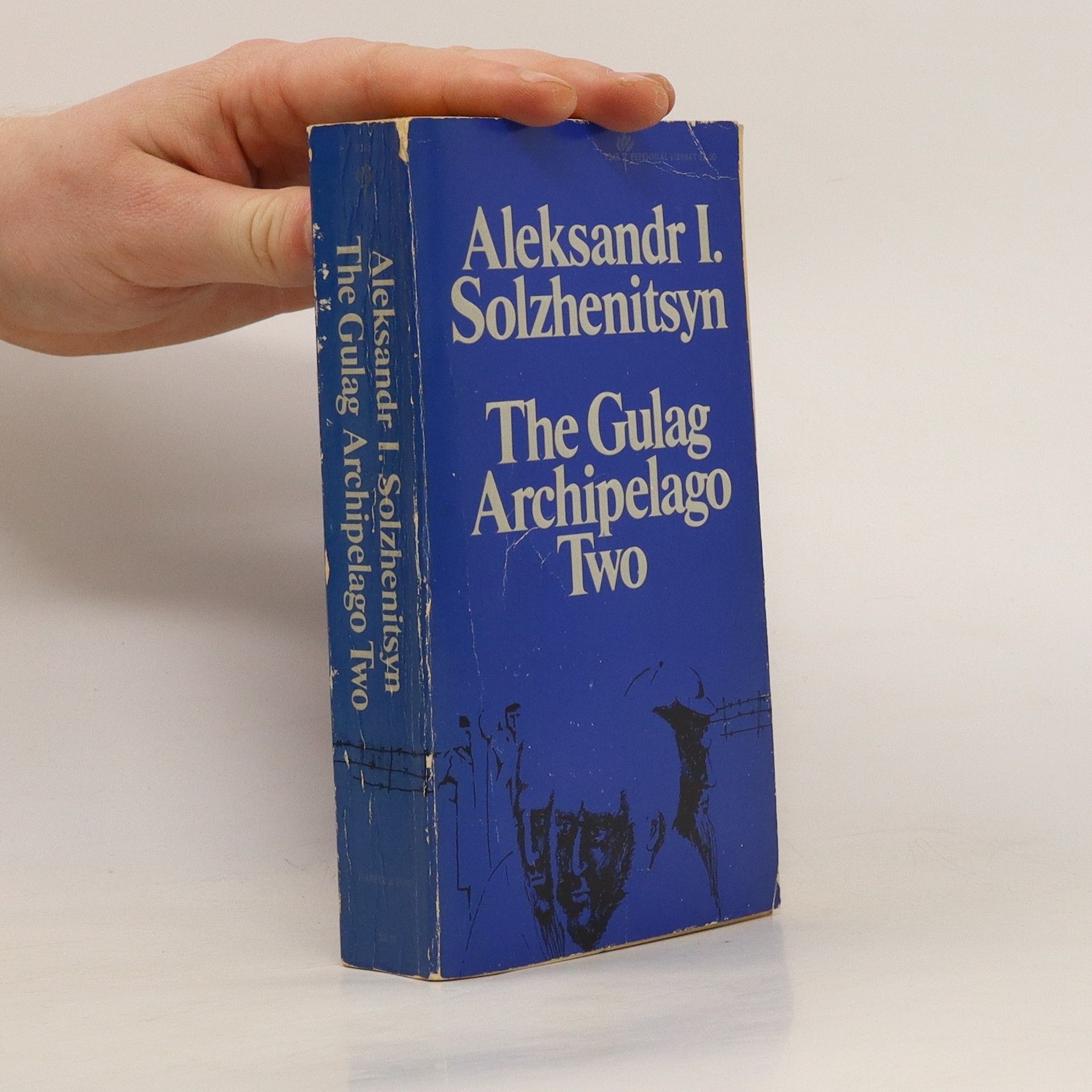
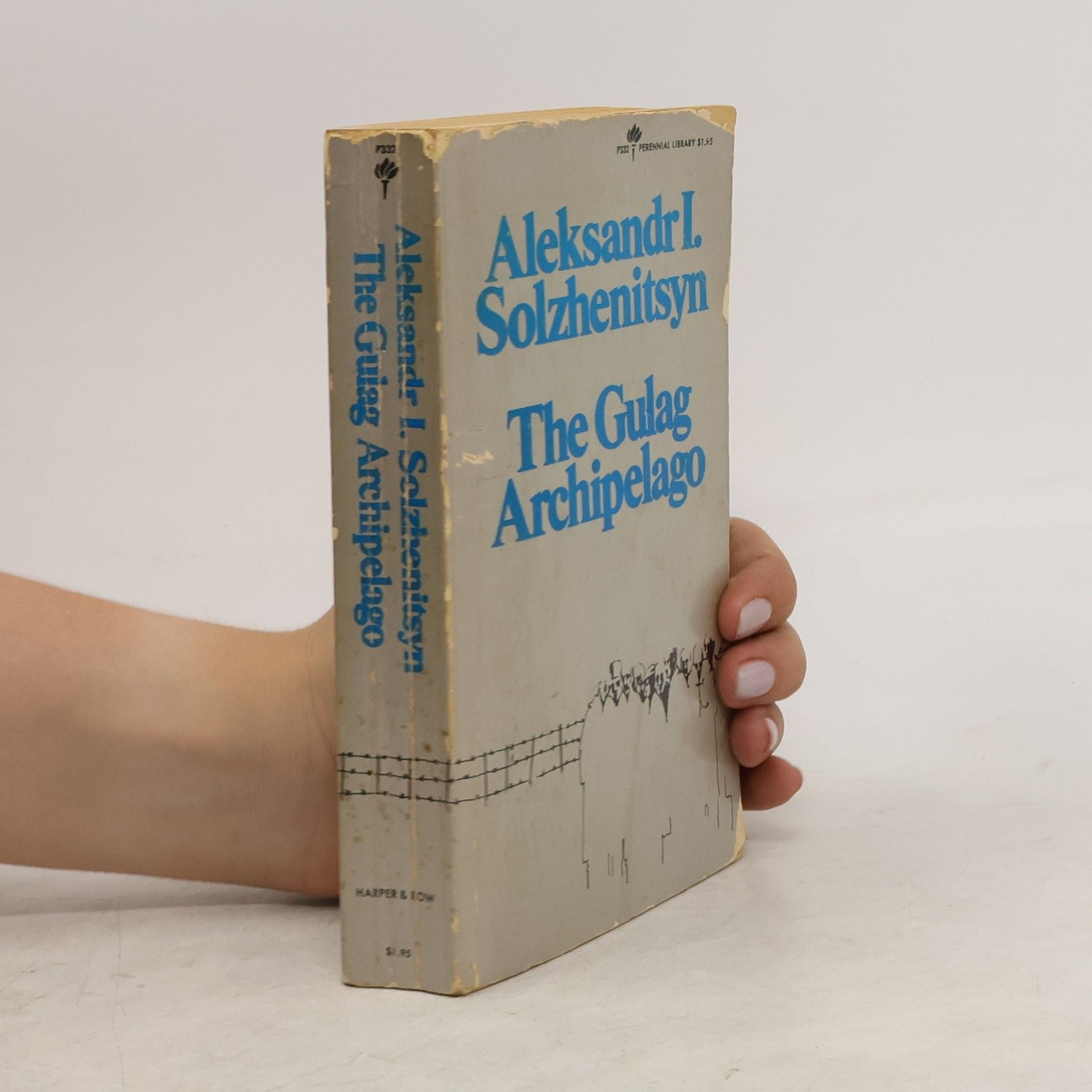

Between Two Millstones, Book 2
- 584 pages
- 21 hours of reading
The Gulag Archipelago Volume 1
- 380 pages
- 14 hours of reading
Focusing on the harrowing realities of the Soviet forced labor camp system, this three-volume non-fiction work combines Solzhenitsyn's personal experiences with a wealth of testimonies, reports, and legal documents. Written between 1958 and 1968 and published in 1973, it serves as a profound literary investigation into the lives of those imprisoned in the Gulag, shedding light on the brutality and inhumanity of the regime. The text stands as a critical historical account and a powerful testament to human resilience.
Set against the backdrop of March 1917, the narrative explores the revolutionary turmoil emanating from Petrograd, which significantly impacts the front lines of World War I. The story delves into the forces contributing to Russia's impending collapse, highlighting the chaotic intersection of war and revolution. Themes of disintegration and the struggle for power are woven throughout, capturing a pivotal moment in Russian history.
Between Two Millstones, Book 1
- 480 pages
- 17 hours of reading
The first of a two-volume memoir, Between Two Millstones, Book 1 explores Aleksandr Solzhenitsyn's exile from the Soviet Union and struggles to find a home in the West.
Warning to the West
- 156 pages
- 6 hours of reading
'Can one part of humanity learn from the bitter experience of another or can it not? Is it possible or impossible to warn someone of danger...to assess soberly the worldwide menace that threatens to swallow the whole world? I was swallowed myself. I have been in the dragon's belly, in its red-hot innards. It was unable to digest me and threw me up. I have come to you as a witness to what it is like there, in the dragon's belly' During 1975 and 1976, Nobel Prize-winner Aleksandr Solzhenitsyn embarked on a series of speeches across America and Britain that would shock and scandalise both countries. His message- the West was veering towards moral and spiritual bankruptcy, and with it the world's one hope against tyranny and totalitarianism. From Solzhenitsyn's warnings about the allure of communism, to his rebuke that the West should not abandon its age-old concepts of 'good' and 'evil', the speeches collected in Warning to the West provide insight into Solzhenitsyn's uncompromising moral vision. Read today, their message remains as powerfully urgent as when Solzhenitsyn first delivered them.
March 1917
- 700 pages
- 25 hours of reading
Solzhenitsyn's magnum opus delves into the Russian Revolution through a meticulously researched historical novel enriched with contemporary newspaper headlines, street action fragments, and cinematic screenplay elements. The narrative unfolds in three key nodes: August 1914 and November 1916, which explore Russia's crises, revolutionary terrorism, and the missed opportunities of Pyotr Stolypin's reforms, culminating in the disillusionment of patriotism as World War I ravages the nation. The third node, March 1917, captures the essence of the Russian Revolution, detailing the collapse of the Imperial government amid mob violence and the opposition's inability to steer events. Set from March 8-12, the first book introduces over fifty characters during the tumultuous days when the Russian Empire begins to disintegrate. Bread riots in Petrograd escalate unchecked, leading to police casualties and army mutinies. The horrified anti-Tsarist bourgeoisie rush to claim provisional power, while socialists establish a Soviet to challenge their authority. Meanwhile, Emperor Nikolai II is away at military headquarters, leaving his wife, Aleksandra, isolated with their sick children. The stability of the Russian state hangs in the balance, drawing comparisons to Tolstoy's War and Peace, as both works aim to narrate an era's story with universal significance.
The book commemorates the centenary of the Russian Revolution through Aleksandr Solzhenitsyn's epic narrative. It is part of "The Red Wheel" series and delves into the events of March 1917, offering a profound exploration of the historical and social upheavals during this pivotal time in Russian history. Solzhenitsyn's insights provide a deep understanding of the revolution's impact, reflecting on the complexities of human experience amid turmoil.
Heldenleben
Zwei Erzählungen
Alexander Solschenizyn knüpft mit diesen beiden Erzählungen wieder an seine literarischen Anfänge an, als er mit »Ein Tag im Leben des Iwan Denissowitsch« seine Meisterschaft fiktionaler Geschichtsschreibung bewies. Auch in diesen neuen Geschichten bleibt er seiner Berufung als Chronist der Sowjetherrschaft treu. Es gelingt ihm, individuelles Leben und historische Wahrheit künstlerisch einzigartig zu verschmelzen und den Leser mit eindrucksvollen Bildern zu fesseln. Und in einer weiteren Hinsicht sind die Erzählungen bemerkenswert: Es sind Solschenizyns erste Texte nach seiner Rückkehr aus dem Exil nach Russland.
От неизлечимой болезни умирают люди - и гибнет страна. Исцеление может прийти только чудом. Быть может, если не люди, то хотя бы страна сумеет исцелиться от смертельного недуга страха?
